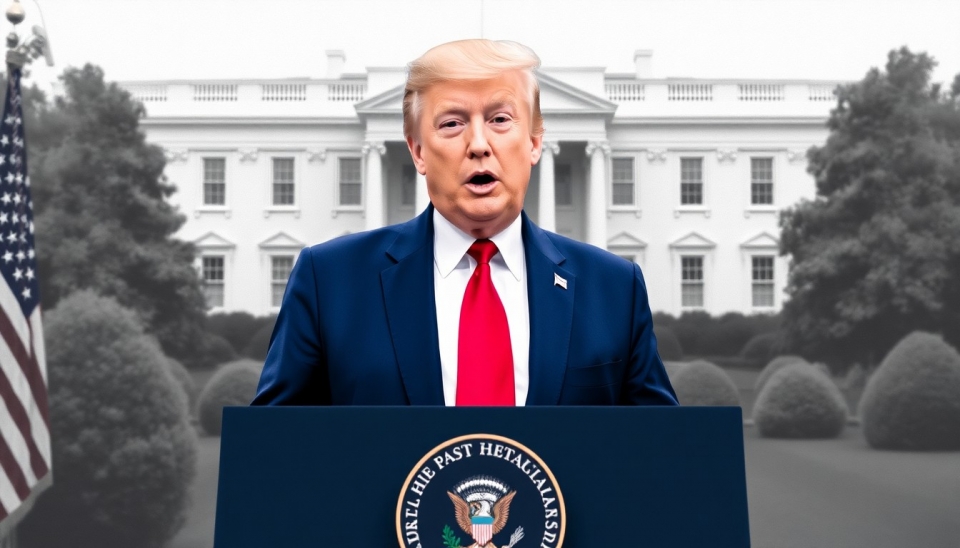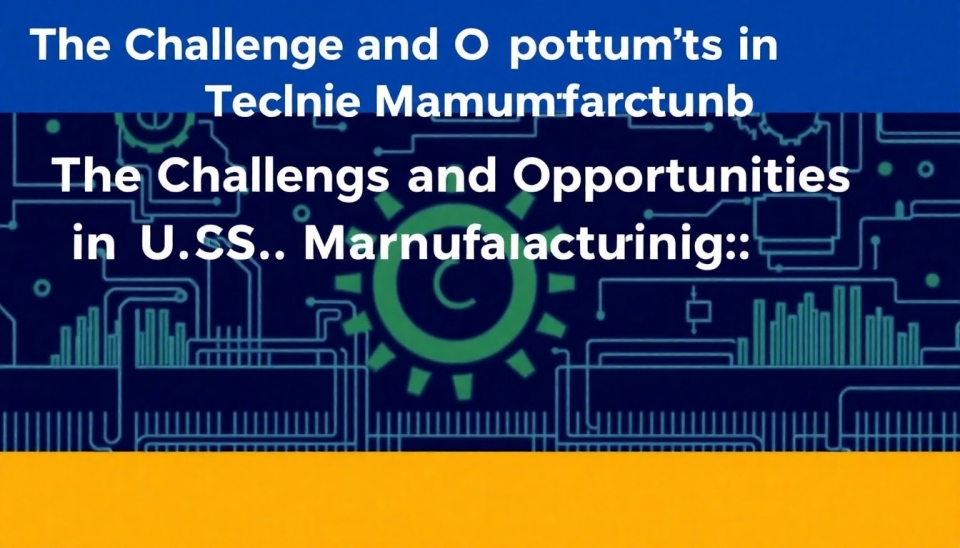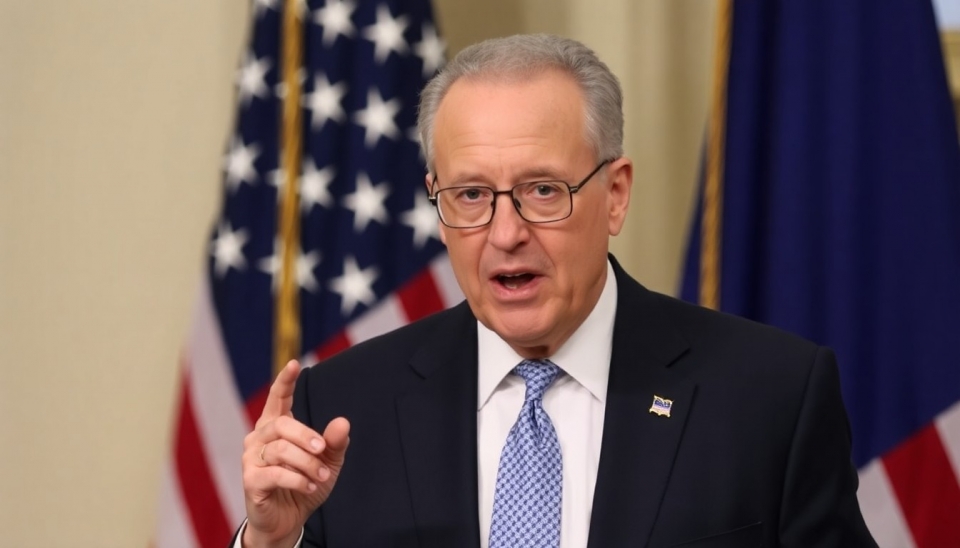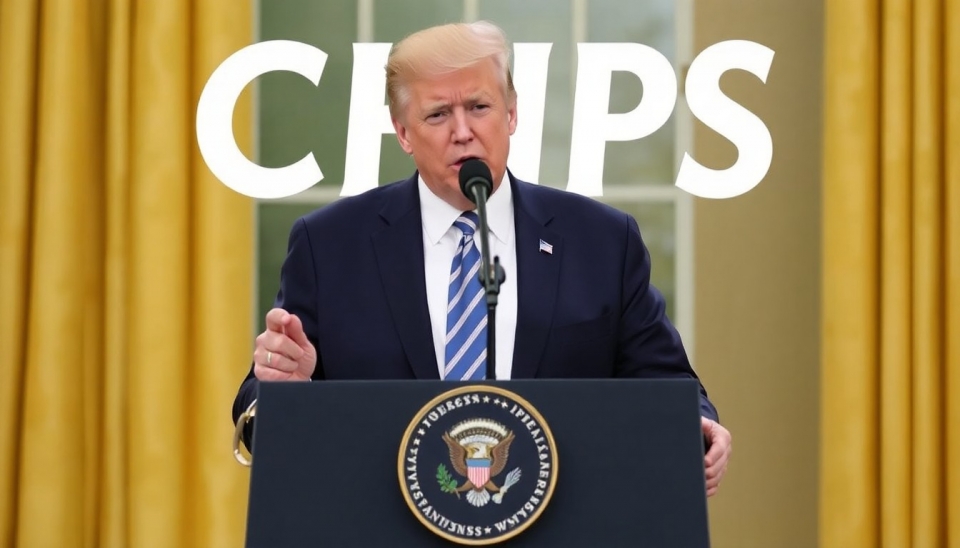
Following Donald Trump's recent victory in the elections, a surge of activity has taken place as various states eagerly scramble to finalize subsidy agreements related to the CHIPS Act. This legislation was put in place to stimulate domestic semiconductor manufacturing and ensure the United States remains competitive in the technology sector.
The CHIPS Act, officially known as the Creating Helpful Incentives to Produce Semiconductors for America Act, allocated a staggering $52 billion aimed at boosting semiconductor production and research within the United States. With Trump's administration potentially signaling a change in policy direction, states are racing to complete negotiations with businesses seeking these subsidies before any shifts might occur in federal priorities.
As several states engage in discussions with semiconductor companies, they’re motivated not only by financial incentives but also by the promise of creating jobs and enhancing technological independence. Key players in the semiconductor industry, including major firms, are eyeing the financial support made available through this act, which could ultimately shape the future landscape of chip manufacturing in the U.S.
The need for advanced semiconductors has become increasingly evident, particularly as industries across the board rely on these critical components for everything from smartphones to electric vehicles. The Biden administration initially championed the CHIPS Act, but the recent political developments could pivot the focus and pace at which these projects are pursued.
States like Texas, Arizona, and Ohio are ramping up efforts to negotiate contracts with major semiconductor manufacturers, understanding that these agreements could lead to significant investment in their local economies. With competition rising and deadlines looming, negotiations are intensifying, reflecting the urgency felt by all parties involved.
With Trump’s business acumen being a focal point of his campaign, it remains to be seen how his administration will prioritize the completion of these projects. Observers anticipate that the approach to foreign trade, intellectual property, and national security will be critical factors influencing the direction of semiconductor manufacturing policies moving forward.
The stakes are high; securing semiconductor production facilities within the U.S. could fortify national security interests and reduce reliance on international manufacturers, particularly those based in China. Trump’s victory could therefore have lasting implications not just for the semiconductor industry, but for the American economy as a whole.
As the dust settles from the elections, both state governments and companies are under pressure to finalize their plans and capitalize on the forthcoming subsidies before potential regulatory changes unfold. The successful maneuvering of these agreements will likely set the tone for how the semiconductor industry evolves in the subsequent years.
#ChipsAct #DonaldTrump #Semiconductors #USManufacturing #TechPolicy #EconomicGrowth #BipartisanSupport
Author: Emily Collins




